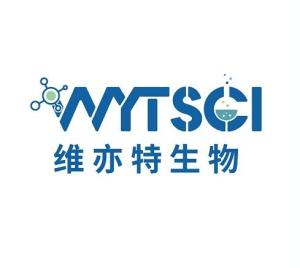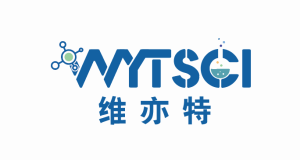
|
AX-024
- 英文名称:AX-024
- 品牌:WYTSCI
- 产地:进口
- 型号:1MG
- 货号:WT-AY-B11453
- cas:1704801-24-0
- 价格: ¥1/mg
- 发布日期: 2025-04-10
- 更新日期: 2026-02-24
产品详请
| 产地 | 进口 |
| 品牌 | WYTSCI |
| 货号 | WT-AY-B11453 |
| 用途 | 科研检测 |
| 英文名称 | AX-024 |
| 包装规格 | 1MG |
| CAS编号 | 1704801-24-0 |
| 别名 | AX-024 |
| 纯度 | 98+% |
| 是否进口 | 是 |
纯度:98% by HPLC;NMR (Conforms)
分子式:C21H22FNO2·HCl
分子量:375.86
溶剂:DMSO (>25 mg/ml) Water (10 mg/ml)
性状:White solid
存储:-20°C
Activity (short version):T cell antigen receptor (TCR)-dependent T cell activation inhibitor
Function / Pharmacology:AX-024 is a potent (IC50 ~ 1 nM) and specific inhibitor of T cell antigen receptor (TCR)-dependent T cell activation. It inhibited neither B cell proliferation triggered by B cell antigen receptor (BCR), TLR4, CD40 agonists nor IL-2-dependent proliferation of T lymphoblasts. AX-024 binds to the SH3.1 domain of the adaptor protein Nck blocking its interaction with the CD3? subunit on the T cell antigen receptor. AX-024 displayed protective effects in mouse models of psoriasis, allergic asthma, and multiple sclerosis. Importantly, the therapeutic effect of AX-024 persisted after removal of the drug in contrast to fingolimod suggesting a persistent modification of autoimmune T cells. Currently in clinical trials.
分子式:C21H22FNO2·HCl
分子量:375.86
溶剂:DMSO (>25 mg/ml) Water (10 mg/ml)
性状:White solid
存储:-20°C
Activity (short version):T cell antigen receptor (TCR)-dependent T cell activation inhibitor
Function / Pharmacology:AX-024 is a potent (IC50 ~ 1 nM) and specific inhibitor of T cell antigen receptor (TCR)-dependent T cell activation. It inhibited neither B cell proliferation triggered by B cell antigen receptor (BCR), TLR4, CD40 agonists nor IL-2-dependent proliferation of T lymphoblasts. AX-024 binds to the SH3.1 domain of the adaptor protein Nck blocking its interaction with the CD3? subunit on the T cell antigen receptor. AX-024 displayed protective effects in mouse models of psoriasis, allergic asthma, and multiple sclerosis. Importantly, the therapeutic effect of AX-024 persisted after removal of the drug in contrast to fingolimod suggesting a persistent modification of autoimmune T cells. Currently in clinical trials.









